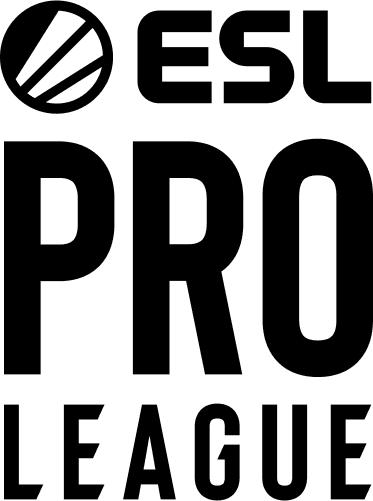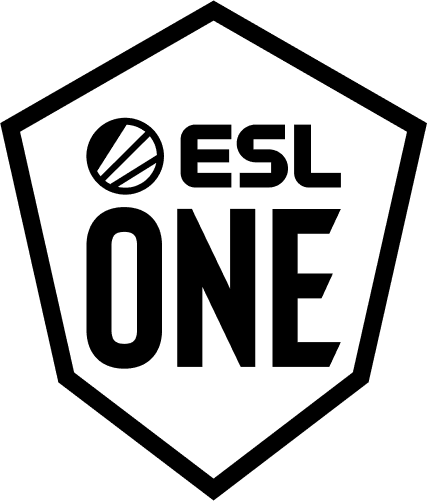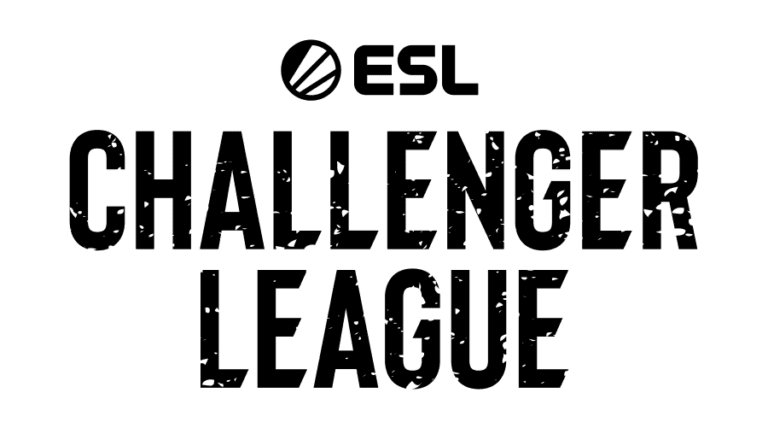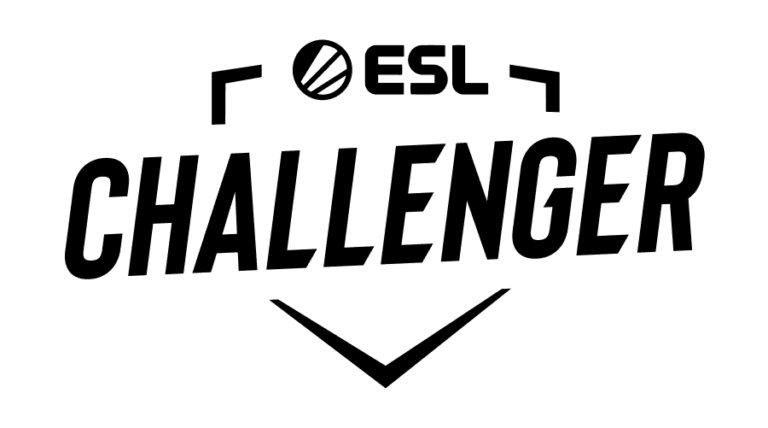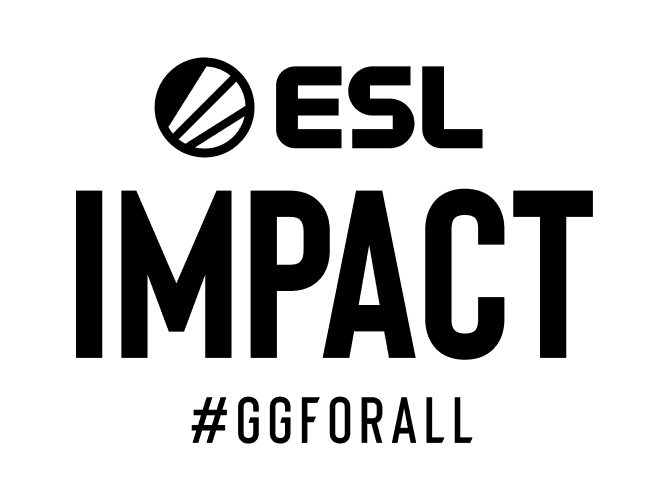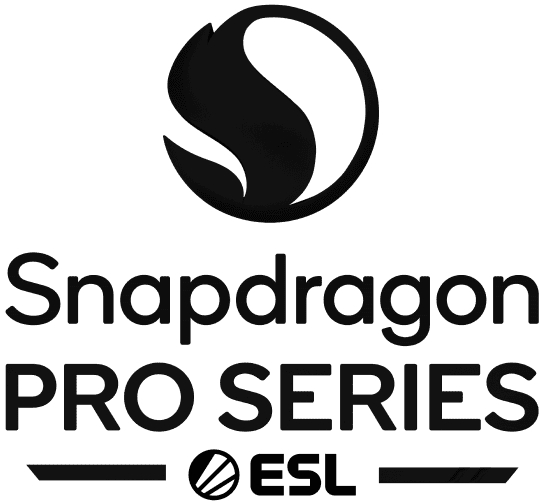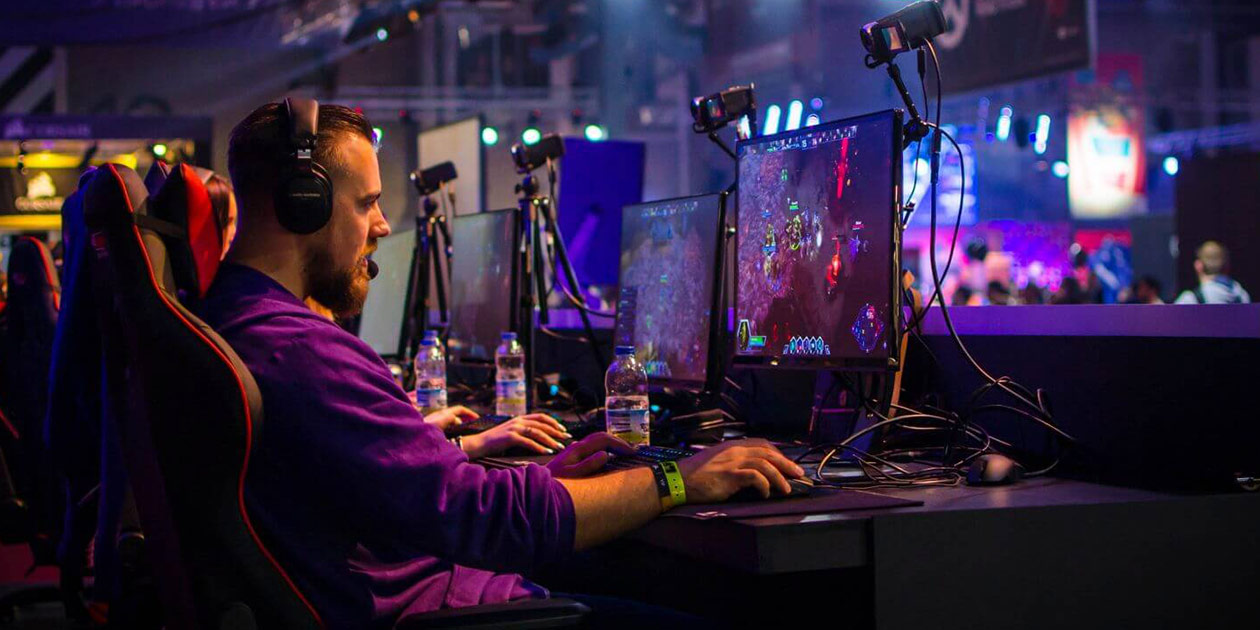
We believe in smart gaming
ESL joins forces with independent researchers to advance understanding of gaming behaviours through a self-assessment tool and promote smart gaming
Self-Assessment Tool & Feedback
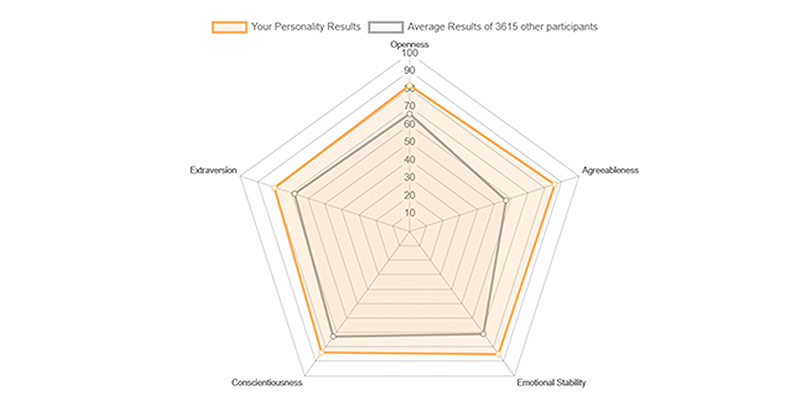
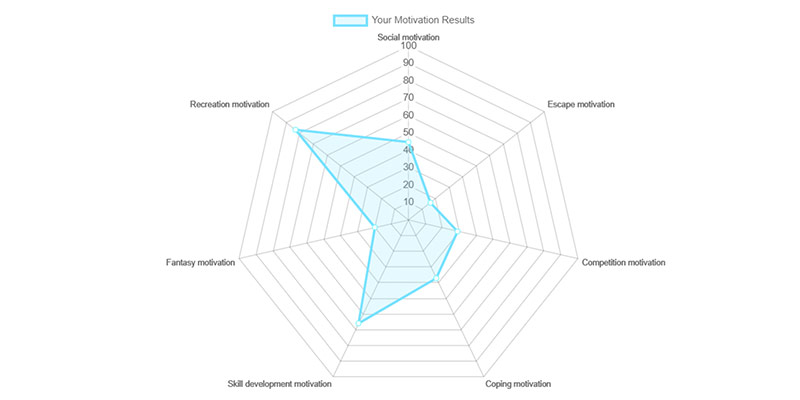
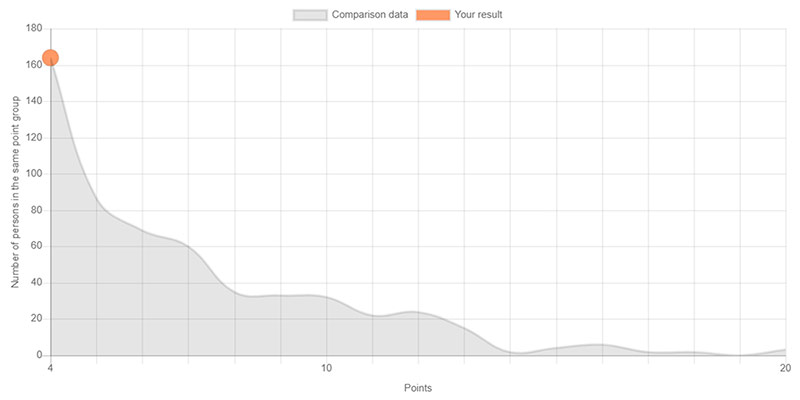
Background information
Survey duration~20 Minutes
Minimum age with parent permission12-15 Years
Minimum age with electronic agreement16+ Years
On behalf of the research authors: The purpose of this survey is to examine your gaming behaviour alongside your psychological well being. The participation is voluntary and greatly appreciated. Please bear in mind that this survey is private, anonymous and confidential, therefore no information revealing your identity such as your e-mail-address or your name will be requested. Please note that once the study has been conducted and published as a scientific journal article, the collected dataset will be made available at an open science platform (www.OSF.io) to ensure the highest transparency of the research.
On behalf of research authors: There has been a steady rise in the popularity of (Internet-)video games as a pass time and leisure activity over the last few years. Without doubt playing games has become an integral part of many people’s lives and clearly also of pop-culture. Video games, particularly Internet gaming activities play a major role in the leisure and social pursuits of children, adolescents and adults.
According to a nationwide study conducted in the US, about 65% of all American households are home to someone who plays video games on a regular basis, with 67% of all American households owning a device used to play video games (Entertainment Software Association, 2017). Regarding the key demographics of gamers, the average gamer is 35 years old and about 41% of all gamers in the US are women (Entertainment Software Association, 2017). Interestingly, the female age group that plays the most is aged 50 years or more (13%), in comparison to under 18 years (11%), 18-35 years (10%), and 36-49 years (8%) gamers. In males, gaming is mostly prevalent among under 18 years (18%) in comparison to gamers with ages between 18-35 years (17%), 36-49 years (11%), and older than 50 years (13%).
These data illustrate that video games are widespread across society and played by both genders relatively equally at all age groups even though male and females play different types of video games. The motivation to play a video game is manifold and ranges from casual gaming with the aim to socialize via video games, explore all the features of a game or achieve the highest score to professional gaming, whereas in Europe gamers see their gaming activity as part of a professional career.
We truly believe Gaming is very positive overall, the best, most active way of entertainment and a great way for individuals to improve many skills. This belief is based on the fact that over the past two decades, researchers have been investigating a wide range of effects associated to video game play, finding positive effects but also negative ones when gaming is taken to an extreme behaviour.
Previous to the classification of Gaming Disorder, studies had indicated that lengthy and sometimes addictive gaming behaviour patterns may result in health issues such as aggressive behaviour and other controversial mental health problems such as depression, anxiety, and stress.
On the other hand, we also know from studies that video games can result in a wide range of psychological, social, and cognitive advantages. For example, early research demonstrated that at the cognitive level, playing video games can result in significantly better hand-eye motor coordination on a rotary pursuit task (Griffith, Voloschin, Gibb, & Bailey, 1983). More recently, further research found that video game players exhibit better performance in perceptual and attentional tasks than non-gamers (Howard, Wilding, & Guest, 2016) and that video games may also help diminish cognitive decline in older adults, because older adults playing strategy games were shown to have obtained significant improvements in their working memory, abstract reasoning, distractor inhibition, and mental rotation and a significant reduction in task-switching costs after training compared with those receiving no intervention (Basak, Boot, Voss, & Kramer, 2008). Indeed, playing video games is for the most part a very healthy and highly enjoyable activity.
For all that is known further studies are needed and we support such effort.




